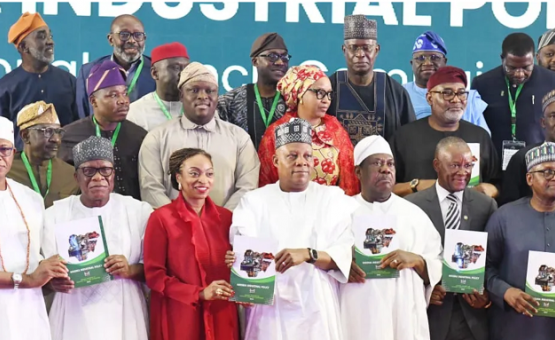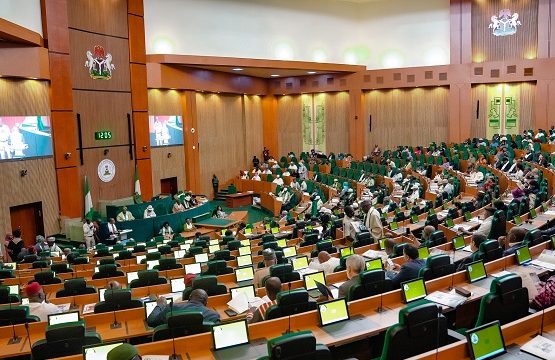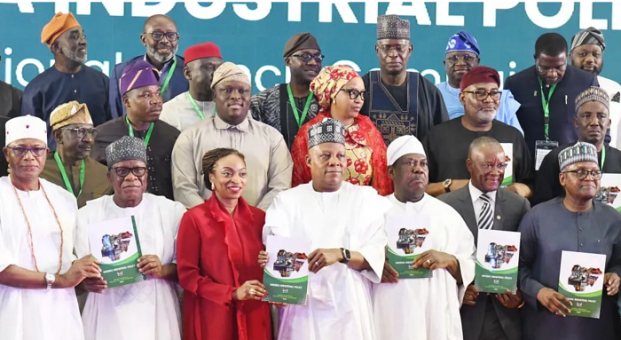•Oluwemimo Joseph Osanipin, the Director – General of NADDC.
‘Nigeria First’ policy empowers the BPP to ensure that all (100 per cent) government procurements are made in Nigeria. However, it could approve patronage of imported products where there are no local alternatives.
The National Automotive Design and Development Council (NADDC) is eagerly looking forward to the commencement of the ‘Nigeria First’ policy by the Bureau of Public Procurement (BPP).
BPP is an agency of the Federal Government responsible for regulating and overseeing public Procurements.
Oluwemimo Joseph Osanipin, the Director – General of NADDC, while reacting to the news, said: “Yes, we are happy, especially in the auto sector. This is the kind of strategic and high-powered decision that will help to improve the patronage of locally assembled vehicles.”
He said that following the announcement, the NADDC has updated its list of auto manufacturers in the country which contains their brands, products and other details.BPP is saddled with very important roles in the implementation of the ‘Nigeria First’ Initiative.
“The report on the auto plants (and their products) being with the BPP is important, so that whoever is interested to work with the bureau will know the locally assembled vehicles that are available.
“The report with BPP, shows the auto brands that are available in Nigeria. It clearly shows that Company A has so and so brand and vehicles; they have this pick-up, they have this and that vehicles.”
Osanipin, described the “Nigeria First Policy” as a remarkable improvement on the Executive Orders 5 and 3 before it, because, whereas the Executive Orders emphasised on 40 percent of the products to be purchased being produced in Nigeria, the new policy insists on 100 percent, except where they are not available locally..
The ‘Nigeria First’ policy empowers the BPP to ensure that all (100 percent) government procurements are made in Nigeria, but could approve patronage of imported products where there are no local alternatives.
“The BPP is expected to issue a guideline on the implementation, and we at the NADDC are eagerly waiting for the guideline,” he said.









